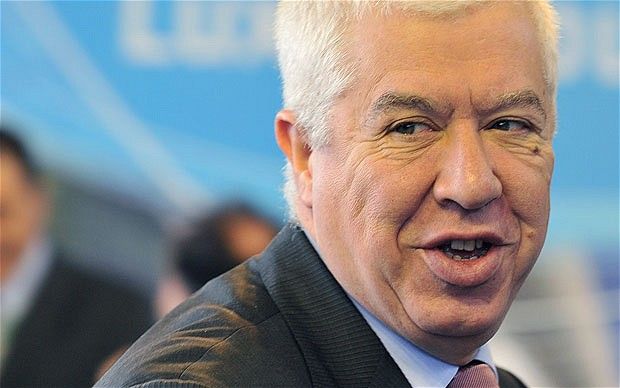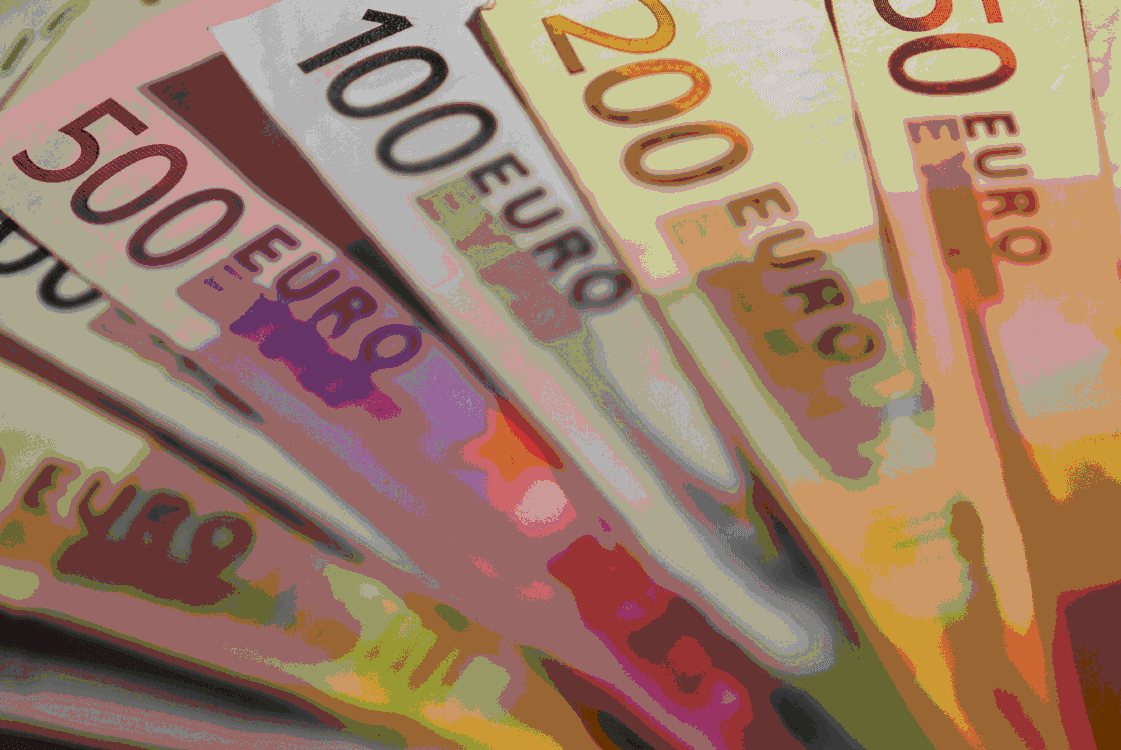Federal Reserve chairman, Ben S. Bernanke, took his defense of the central bank's monetary stimulus U.S. abroad, saying it would help the world economy, and implicitly criticized China for keeping its currency weak.
The best way to support the dollar and the global recovery support is through policies that lead to the resumption of robust growth in an environment of price stability in the United States, "Bernanke said in remarks prepared for a conference this afternoon in Frankfurt. The countries that undervalue their currency can inhibit the growth of worldwide financial instability and risk in the home, he said.
The Fed chief is facing criticism from officials in countries like China and Brazil who say that the November 3 decision to buy $ 600 billion in Treasury bonds has weakened the dollar and contributed to capital flows emerging markets. The policy also has been criticized in the U.S., where critics, including Republican members of Congress have said they run the risk of fueling inflation and asset bubbles.
"Globally, growth and trade are not balanced," said Bernanke, whose economies are growing at different rates. "Due to a strong expansion in emerging market economies ultimately depend on the recovery of more advanced economies, this growth pattern of two speeds could well be resolved in favor of slow growth for all if the recovery in the economies Advanced falls short. "
G-20 No
While Bernanke did not name China, said a "large systemically important countries with persistent current account surpluses." Bernanke's comments come a week after leaders of the Group of 20 developed and emerging countries meeting in South Korea did not agree on a remedy to the distortions of trade and investment. At the summit, President Barack Obama attacked China's policy of undervaluing its currency.
Bernanke said the "sense of common purpose has declined" after officials from around the world united to combat financial crisis. "Tensions between the nations economic policies have emerged and intensified, which potentially threaten our ability to find global solutions to global problems," he said.
China has tied the yuan to the dollar to promote exports that helped produce the most rapid increase in the gross domestic product of any major economy. China, which overtook Japan's GDP to become the world number two in the second quarter, reported 9.6 percent annual growth in the three months through September. Has about $ 2.6 trillion in foreign reserves, most of the world.
Ministry of China
Ministry of Foreign Affairs of China did not comment when asked for a response to Bernanke's speech. A spokesman for China's central bank could not immediately be reached for comment.
The Fed released the text of Bernanke's speech in Washington ahead of the expected address at 11:15 am Frankfurt time on a European Central Bank conference on monetary policy. Then, speaking at a panel at 11:45 am with ECB President Jean-Claude Trichet, International Monetary Fund Dominique Strauss-Kahn and Brazil Central Bank president, Henrique Meirelles.
In the panel discussion, Bernanke will say that "financial conditions fell sharply in anticipation" of the announcement of stimulus from the Fed, "suggesting that this policy is effective in promoting recovery," according to a text published by Federal Reserve.
QE2 Dislikes
This is Bernanke's first trip abroad since the Federal Open Market Committee took the decision, QE2 called by economists and investors, to implement a second round of so-called quantitative easing. Bernanke said the term is "inappropriate" because it generally refers to policies that change the amount of bank reserves, a channel that seems relatively weak, at least in the U.S. context. "
Fed officials are trying to make the case "was probably a worthwhile gamble for the U.S. to try to print a little more money to stimulate the economy without triggering inflation," the former Fed economist David Cohen, now director of forecasting at Action Economics Asia in Singapore.
German Finance Minister, Wolfgang Schaeuble, said Nov. 5 that he was "stunned" by the actions of the Fed, which is not going to help grow and instead of contributing to the imbalance through a reduction in the currency. U.S. monetary policy is creating "serious distortions" and cause "side effects" in the fastest-growing economies such as Brazil, Meirelles said in October.
Calibration Policy
Bernanke said different economies "call for different policy settings." In the U.S., inflation has decreased since the most recent recession began in December 2007, and "deflation could hinder recovery," he said.
"Policies are not enough support in advanced economies could undermine the recovery not only in those economies, but for the world as a whole," he said.
rate of U.S. unemployment at 9.6 percent last month is "high and, given the slow pace of economic growth is likely to remain for some time," Bernanke said. He said that "we can not rule out the possibility that unemployment could rise further in the short term, creating additional risks to recovery."
Purchases of assets will be used in a manner that is "measured and sensitive to economic conditions," Bernanke said. Fed officials are "unwavering commitment to price stability" and not looking for inflation higher than the level of "2 percent or slightly less" than most politicians to be consistent with the legislative mandate of the Fed he said.
Work concerns
Bernanke, 56, also appealed to human concerns to justify the policy of the Federal Reserve.
"On the current economic trajectory of the United States runs the risk of millions of unemployed or underemployed for many years," he said. "As a society, we find that result unacceptable."
The former economist at Princeton University spent most of his speech to discuss global political issues and tensions.
Deputy Minister of Foreign Affairs of China, Cui said the Nov. 5 "Many countries are concerned about the impact of politics", echoing the concern across Asia on the risk of a flood of capital that makes the bubbles assets. The economies of Taiwan to Indonesia
Intervention currency
Bernanke uses one of the nine letters to show how countries, including China and Taiwan are stepping in to prevent or slow the appreciation of their currencies. Allow stronger currencies would help lead to "more balanced and sustainable global economic growth," Bernanke said.
Bernanke, a scholar of the Great Depression, made a comparison between the current period and events leading to economic disaster 1930. U.S. and France has "persistently undervalued" exchange rate by preventing the influx of gold from the power supplies of money, creating deflationary pressure on other countries and helped cause the Great Depression, Bernanke said.
"Despite the parallels are certainly far from perfect, and I am certainly not predicting a new depression, some of the lessons of that dark period are applicable today," said Bernanke. "In particular, for large, systemically important countries with persistent current account surplus, the pursuit of export-led growth can not ultimately be successful if the consequences of this strategy for growth and stability are not taken into account. "










